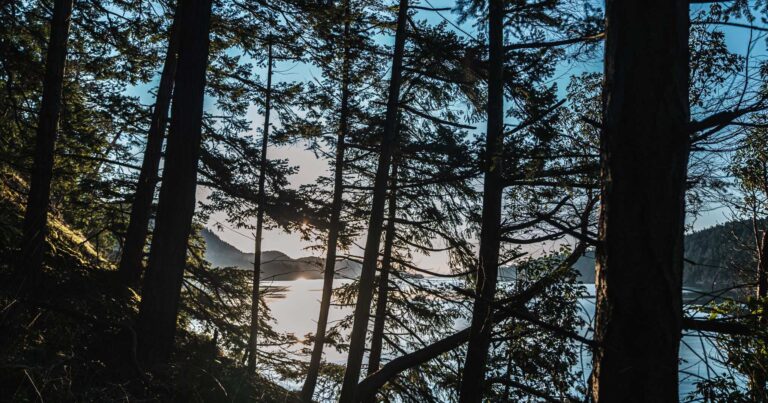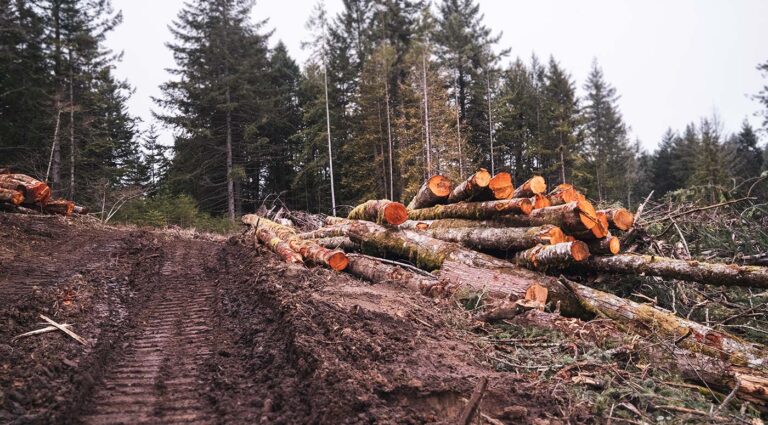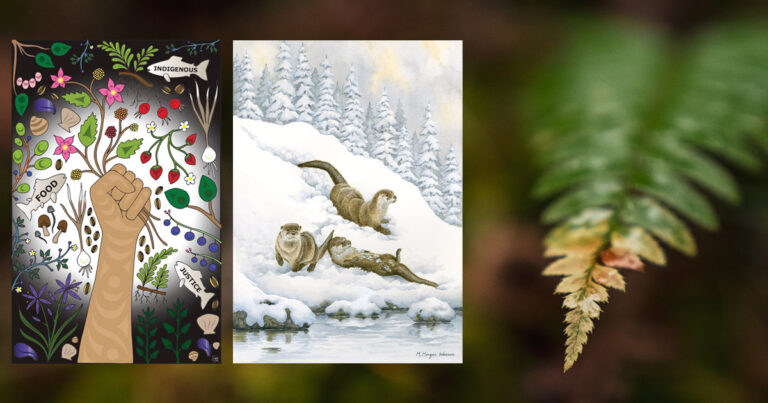Ethics of making the location of big trees accessible to the public
The benefits and implications of unrestricted access to tree location need to be carefully considered.
What's new // Investigate and inform
Indepth essays and expert analyses from our researchers.

The benefits and implications of unrestricted access to tree location need to be carefully considered.

We posed some questions to Ross Reid, of Nerdy about Nature, so you can get to know him better.

The findings of this research were presented during a webinar and they were also compiled into a comprehensive tree bylaw report, now available.

This report provides an overview of municipal tree bylaws in BC highlighting ways tree bylaw components impact tree protection.

This collaborative work to recover wild salmon and restore the ecological resilience of the Lower Fraser River and Estuary is outlined in the Lower Fraser Salmon Recovery Brief.

The Soul of the Fraser by Ken Ashley, Director of the British Columbia Institute of Technology (BCIT), tells the story of the important intertidal habitat in the Fraser River Estuary.

The Gulf Islands represent 33.2% of the provincial extent of Coastal Douglas-fir forests and associated habitats which are among the most biodiverse in the province. Yet, this region is also the most degraded.

A new paper, “Chinook salmon exhibit long-term rearing and early marine growth in the Fraser River, B.C., a large urban estuary,” has highlighted the importance of the Fraser estuary as critical habitat for Chinook salmon. The researchers used salmon ear bones, or otoliths, to study how juvenile salmon were using the Fraser estuary, and found…

The preservation and protection of BC’s Gulf Islands “for the benefit of residents of the trust area and of the province generally” has been charged to the Islands Trust. However, recent decision-making has demonstrated that a majority of Local Trustee’s are focusing on different priorities. In February, Raincoast submitted feedback as part of a public engagement process seeking input on the Islands Trust Policy Statement in two areas: climate change and affordable housing within the Islands Trust area.

We are incredibly grateful to every person who transformed this initiative from the hopes of one person into reality, and because we cannot thank each of you individually, we wanted to recognize a few of the artists who have donated their time and talent to the permanent protection of local ecosystems.

In an era where climate change is a modern reality and biodiversity is in crisis the world over, the province’s continued support of industrial logging in old growth forests is out of sync with global scientific consensus and policy objectives. This is especially true in the Coastal Douglas-fir (CDF) biogeoclimactic zone, the smallest and most endangered of 16 such zones in BC…

A review from the Raincoast Conservation Foundation and Environmental Law Centre (ELC) at the University of Victoria shows that much more needs to be done to protect this important zone, particularly in the Gulf Islands.